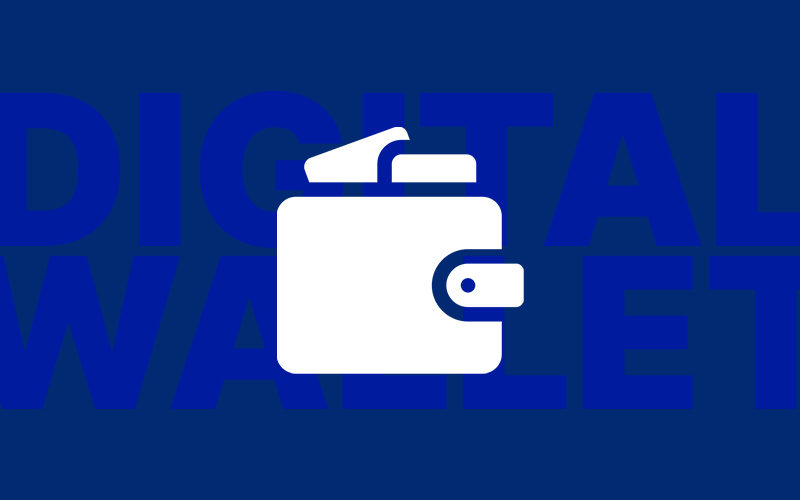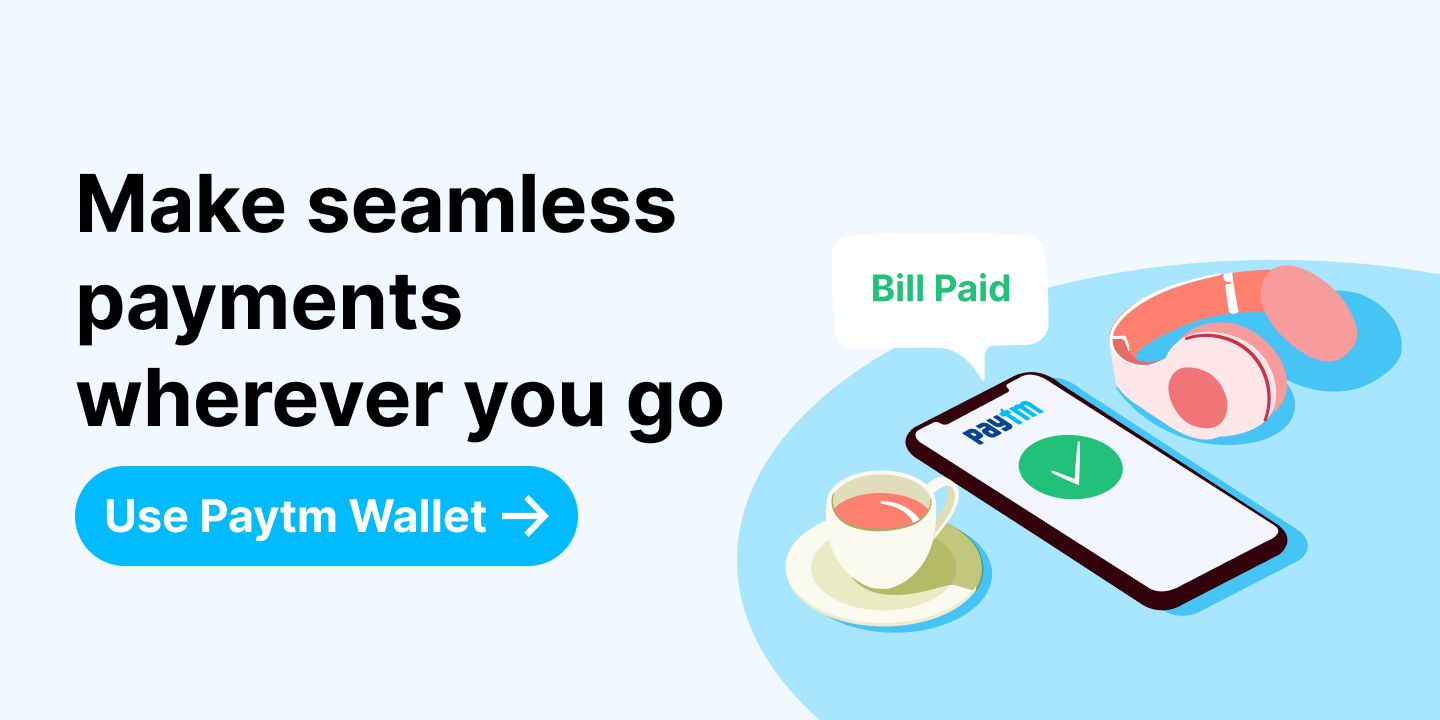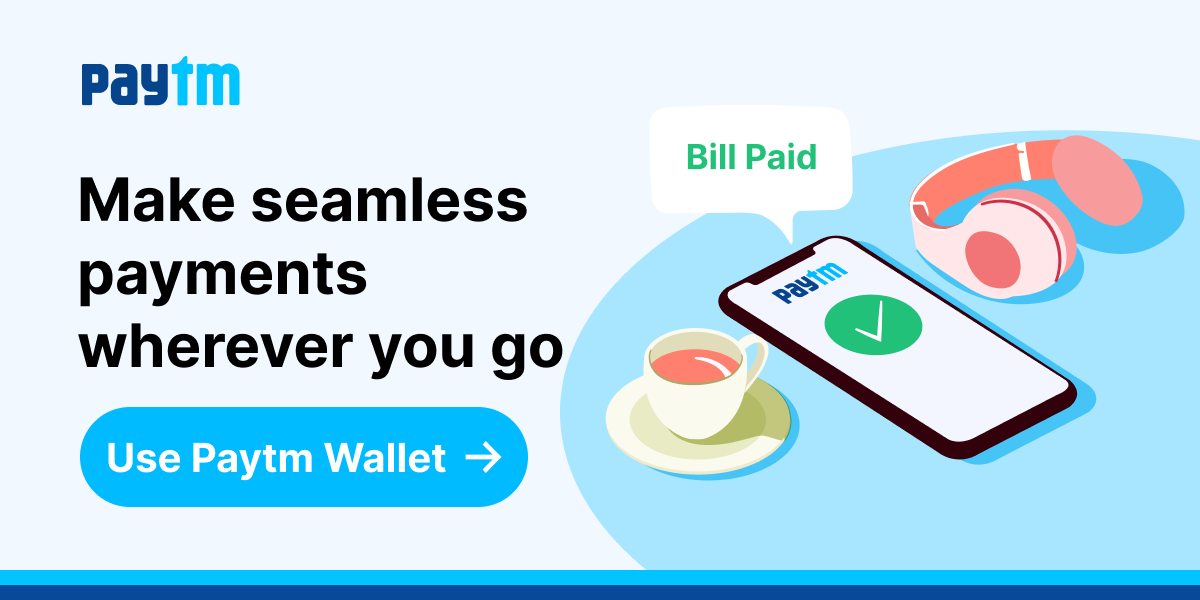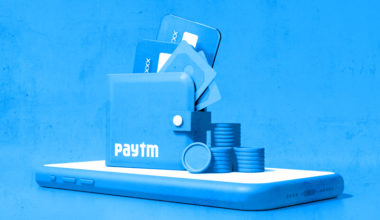Digital wallets or e-wallets, also known as electronic wallets, have become increasingly popular in recent years as a convenient and secure method for making online transactions. Functioning similarly to credit or debit cards, e-wallets are digital cards that can be used for online purchases through computers or smartphones. By linking an e-wallet to a bank account, users can store money in a prepaid account, ready for future transactions. With the added protection of a password, e-wallets offer a secure means of making payments for a wide range of goods and services, from groceries to flight tickets.
Table of Contents Show
This blog explains more about the types of digital wallets in detail.
What is a Digital Wallet?
An e-wallet is like a digital card that you can use to pay for things online using your computer or smartphone. It works just like a credit or debit card, but instead of physically swiping or inserting a card, you use your e-wallet to make the payment electronically. To use an e-wallet, you need to connect it to your bank account so that you can add money to it. This way, when you want to buy something online, you can use the money in your e-wallet to make the payment. It’s a convenient and secure way to shop and make transactions on the internet without the need for physical cash or cards.
What Are the Different Types of Digital Wallets?
Different types of e-wallets or digital wallets are designed to serve different purposes depending on the needs of the business and the end-users. Some common types of e-wallets offered by issuers include:
Closed wallet
- A closed wallet allows users to make payments through an app or website.
- This type of wallet is typically created by businesses that sell products or services.
- Users of a closed wallet can only use the stored funds to make transactions with the wallet’s issuer.
- If a transaction is cancelled or a refund is issued, the entire amount is returned to the wallet.
Semi-closed wallet
- A semi-closed wallet allows users to easily make transactions at specific merchants and locations.
- This type of wallet has a limited coverage area.
- To accept payments from a semi-closed wallet, merchants must agree to a contract or agreement with the issuer.
Open wallet
- Banks offer open wallets that can be used for any type of transaction.
- Open wallets make it easy to transfer funds and can be used for online and in-store payments.
- The provider of an open e-wallet allows users to conduct transactions from anywhere in the world, but both the sender and receiver must have accounts on the same app.
Crypto wallet
- Cryptocurrency wallets store users’ public and private keys, which act as ownership certificates.
- Hardware wallets, also known as cold wallets, provide an extra layer of security and safety.
- These wallets can be operated offline using a USB stick.
- Cryptocurrency payments can be made using hardware wallets.
Are e-wallets and digital wallets the same?
Yes, the terms “e-wallet” and “digital wallet” are often used interchangeably and refer to the same concept. Both terms describe a virtual wallet that allows users to store and manage their payment information digitally. E-wallets or digital wallets enable users to make online transactions, store funds, and securely store payment methods for easy and convenient use during online shopping or mobile payments. So, whether you refer to it as an e-wallet or a digital wallet, it generally refers to the same type of digital payment solution.
In conclusion, digital wallets or e-wallets come in different forms and have specific functions. They can be integrated into payment apps or downloaded directly from authorized platforms such as the Google Play Store or Apple App Store. It is important to ensure that e-wallets or payment apps are obtained only from official sources. Downloading them from third-party websites or apps is not recommended to maintain security and protect your financial information.








